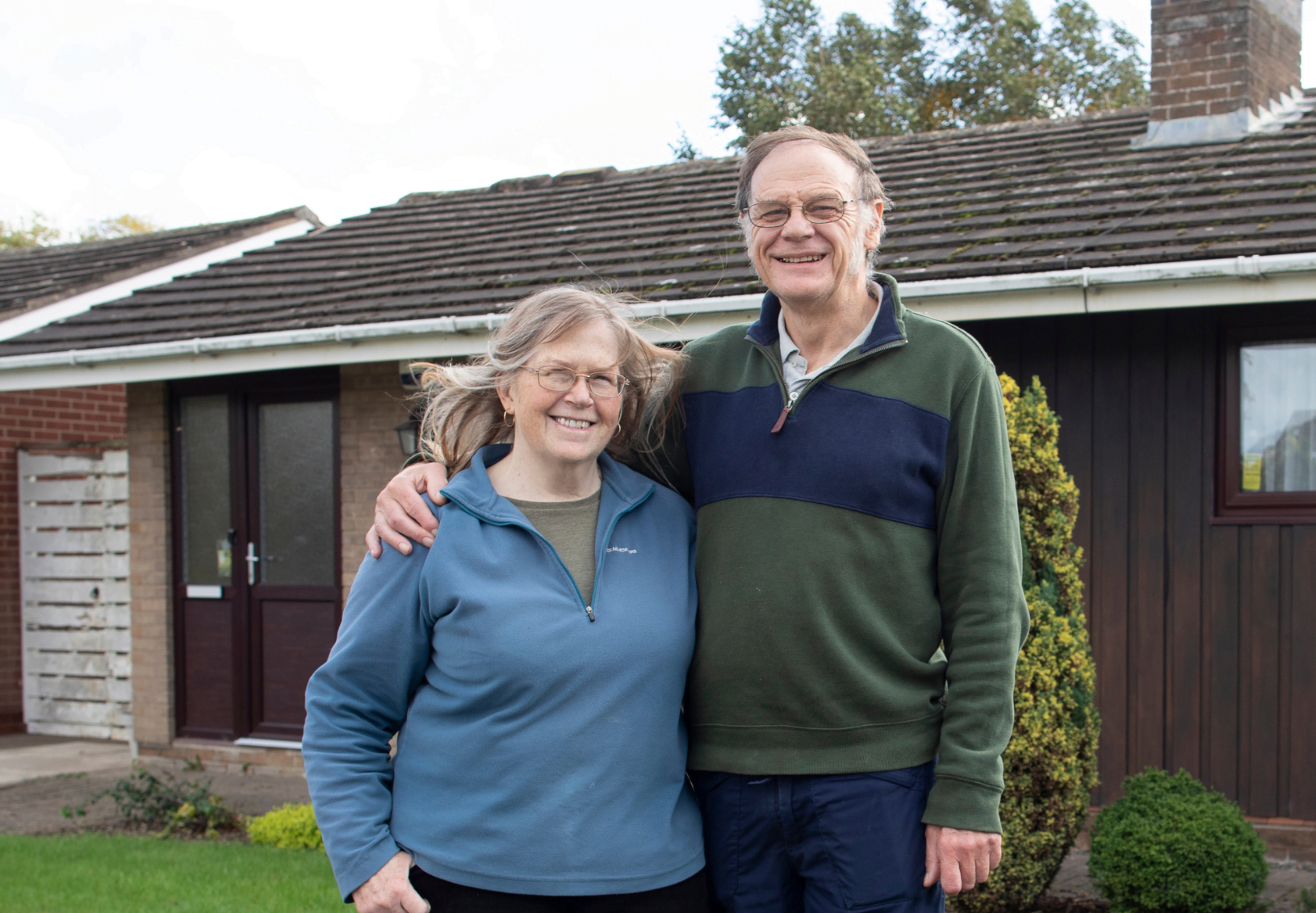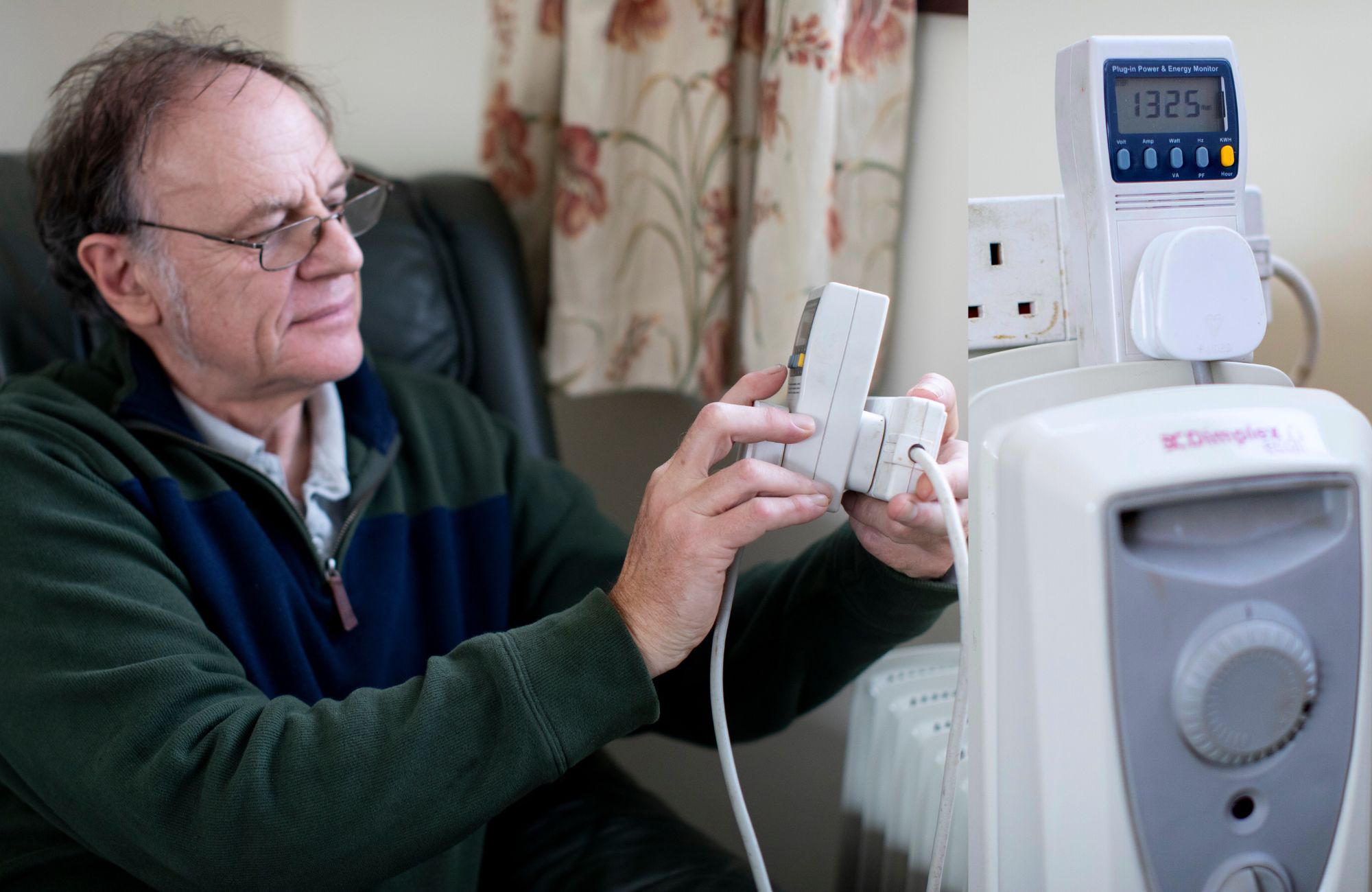“I’m very concerned about the environment, particularly for my grandkids,” Terry explained. “They’re going to have to deal with a very difficult situation in the future, and we’ve got to do something now to try to limit the impact. We can’t just leave it to them. We’ve got to take action now.”
Chris added: “In the early 2000s we started thinking ‘how can we cut down our energy use?’ because we were beginning to be concerned about climate change. And we started by simply turning off what we weren’t using. So, nothing on standby, the microwave and oven were switched off at the wall. When it came to installing the solar panels, we could afford it and we knew that it would have benefits. We just felt it was the right thing to do; saving money was a secondary added benefit.”



